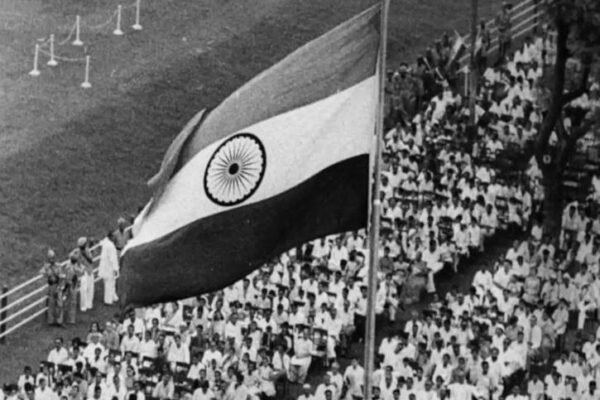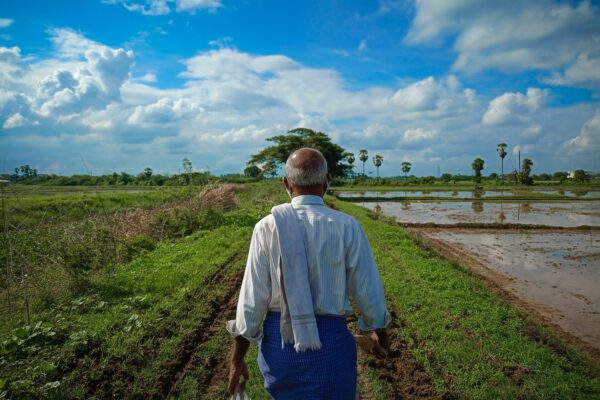A relative of Sultan who wished to remain anonymous said he was being punished for doing “honest reporting”. During interrogation, the police had asked him why he was reporting on the conflict and why he was not reporting on development.
A relative of Sultan who wished to remain anonymous said he was being punished for doing “honest reporting”. During interrogation, the police had asked him why he was reporting on the conflict and why he was not reporting on development.
India is facing an increasing number of calls for the release of Kashmiri journalist Aasif Sultan, who completed two years in prison on Thursday, August 27, 2020.
On Thursday The Committee to Protect Journalists (CPJ), a global body working for the welfare of journalists, appealed to Prime Minister Narendra Modi of India to “immediately release” the incarcerated journalist.
Sultan, 32, was detained two years ago by police in a night raid at his home on charges of harbouring militants. The police invoked stringent sections of a controversial law called the Unlawful Activities Prevention Act (UAPA) to book him. He was named in a case about a gunfight between police and militants that took place in the Batmaloo neighborhood of Srinagar city where Sultan lives.
Weeks before his arrest, however, Sultan had penned a cover story profiling former Kashmiri militant Burhan Wani who was killed in 2016 in a gunfight with the Indian army. His death triggered massive street protests and a strong state response in the summer of 2016. The profile is based on Sultan’s interviews with sources close to Wani.
Shortly after his arrest, police put out a press release accusing Sultan of “supporting militants” and writing “against the state”.
CJP, which termed his incarceration “unjust”, wrote in the letter: “But interviewing alleged militants or having sources who are critical of the government is within the scope of a journalist’s job and does not implicate them in any crime. Events in Kashmir are of public interest, and covering them is a public service, not a criminal act.”
Activists and journalists have been running a sustained hashtag #FreeAasifSultan keeping a track of his tail while also campaigning for his release.
URGENT: Aasif Sultan has been under illegal confinement since the last 684 days. Till date, charges against him have not been made public, neither have the court hearings happened at the scheduled time. We demand his immediate release. #FreeAasifSultan #JournalismIsNotACrime pic.twitter.com/W9IMjtl0YI
— Free Aasif Sultan (@FreeAasifSultan) July 10, 2020
In May 2019, Time Magazine named Sultan among the 10 most urgent cases of threats to press freedom around the world. He was also awarded the John Aubuchon Press Freedom Award for the year 2019 by the National Press Club USA for pushing truth in trying circumstances. “Sultan’s case reflects the worsening conditions for press and citizenry in Kashmir”, a presenter at the award event said in her announcement.
In Kashmir, journalists have been complaining of harassment and censorship at the hands of the state. In April, police filed cases under serious anti-terror laws against two journalists for their social media posts. The police action ignited a massive backlash. Journalists are frequently summoned and questioned over stories forcing journalists to do self-censorship.
“Journalists should not face retaliation for their reporting,” the CPJ wrote in the letter while urging Prime Minister Modi to uphold the freedom of speech under Article 19 of the Indian Constitution.
Sultan’s court trial, which began in June 2019, “has been moving slowly”, the CJP letter added. In the last one year, he has been produced only three times before the court, his lawyer, Adil Abdullah told The Muslim Vibe. Since March when India imposed lockdown to curb the spread of coronavirus pandemic, the case has not been heard as the courts mostly deal with fresh matters.
Moreover, according to the lawyer, the police have named 55 witnesses in his case but only six of them have been examined so far. There are apprehensions if the case proceeds at this pace, as Sultan may have to spend a decade in prison before he will be eventually declared innocent.
Abdullah, the lawyer, said the charges against Sultan are “false”.
A relative of Sultan who wished to remain anonymous said he was being punished for doing “honest reporting”. During interrogation, the police had asked him why he was reporting on the conflict and why he was not reporting on development.
Here's a photograph of Aasif Sultan surrounded by his nephews and niece. In the morning, he dropped his brother to the Srinagar Airport and during the night he was illegally arrested after a raid at his home. When will he be released? When can he meet his family?#FreeAasifSultan pic.twitter.com/Lqh8m1Yzv8
— Free Aasif Sultan (@FreeAasifSultan) July 28, 2020
His continued incarceration in jail has been a daunting time for his family. Sultan, who has been married since 2016, has a two and a half-year-old daughter. When he was arrested, she was five months old. A family member said that she often asks questions about her father. His parents are old and ailing. His elder brother is a professor in Saudi Arabia. The parents miss the care of their sons when it is much needed.





